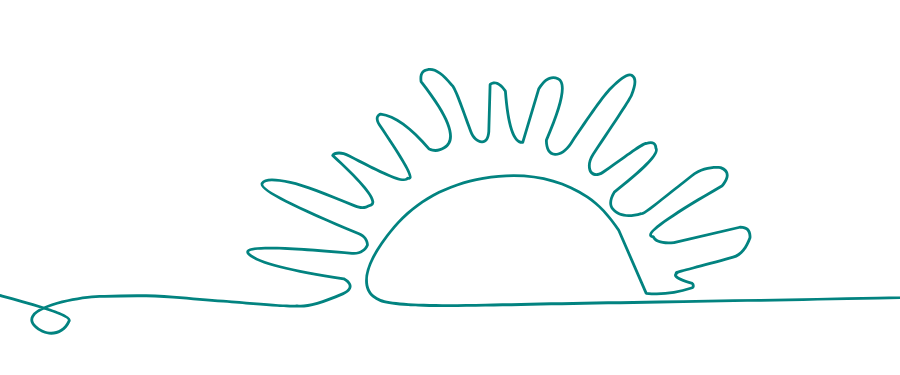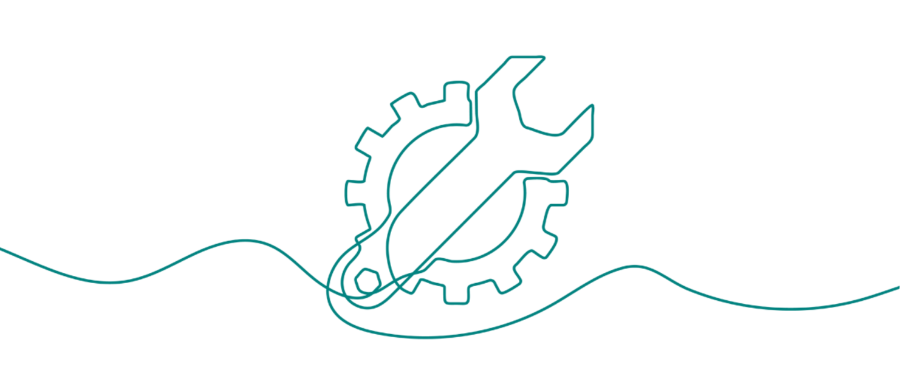Gliomas
Gliomas are a type of brain and spinal cord tumor. They start in the glial cells, which are special cells that help support and protect the nerve cells in the brain and spine. Glial cells help the brain work properly, so when a glioma grows, it can cause problems with how the brain or spinal cord functions.
Gliomas can be slow-growing or fast-growing. Some gliomas are more dangerous than others.
Types of Gliomas:
- Astrocytomas: start in cells called astrocytes, found all over the brain and spinal cord
- Oligodendrogliomas: start in cells called oligodendrocytes, which help protect nerve cells
- Glioblastomas: a fast-growing and serious type of glioma
Signs of a Glioma Can Include:
- Headaches that don’t go away
- Feeling sick to your stomach or throwing up
- Trouble seeing clearly
- Trouble with balance or walking
- Weakness or numbness in the body
- Seizures (shaking or jerking that can’t be controlled)
- Feeling confused or having memory problems
How Do Doctors Find Gliomas?
Doctors use MRI or CT scans to look at the brain or spine. Sometimes they do a biopsy, which means taking a small piece of the tumor to check what type it is.
How Are Gliomas Treated?
Treatment depends on the type, size, and location of the tumor. It may include:
- Surgery to remove as much of the tumor as possible
- Radiation therapy to help stop the tumor from growing
- Chemotherapy (strong medicine) to fight cancer cells
Additional resources can be found below.
To save items, you need an account.
Create an account to save items and receive additional information curated for you.
Learn more about my diagnosis.
Create an account to save items and receive information curated just for you.
General Cancer Programs
PEN created these programs to help explain parts of the cancer journey.
Debunks myths about clinical trials and provides patients with knowledge and confidence to feel well-informed when discussing treatment options with their healthcare team
Topics:
- The Basics: Understanding Clinical Trial Research
- Understanding Common Misconceptions
- Clinical Trial Safety
- Clinical Trials 101 Resource Guides
As artificial intelligence (AI) reshapes oncology, DECODE empowers cancer patients and families with clear, practical insights into AI and other emerging healthcare technologies, breaking down how these innovations are transforming cancer care and helping them navigate AI-driven advancements with confidence.
Components:
- Podcasts
- Downloadable Resource Guides
Provides digital literacy skills training with a series of easy-to-follow video modules, coupled with resource guides to educate you on technology and online support tools.
Helps women living with cancer understand the impact on their overall health, including fertility, hormones and sexual wellbeing while enabling informed conversations with their healthcare team about potential options and support.
Information on completing cancer care with actionable steps to engage in key discussions and plan for life after treatment.
Topics:
- Understanding Survivorship
- Advice for Future and Follow-Up Care
Having cancer or caring for someone with cancer can feel really lonely and extremely isolating. We created PEN-Powered Activity Guides to help you cope, relax, and, hopefully, feel a little less overwhelmed.
Focuses on wellness during cancer treatment and post cancer treatment.
Topics:
- Lifestyle
- Diet and Healthy Eating
- Supportive Care
Advocacy program focusing on culturally competent whole-person healthcare, treating the whole-patient in tandem with existing care.
What You Need to Know Before Choosing a Cancer Treatment
Advocacy program focusing on culturally competent whole-person healthcare, treating the whole-patient in tandem with existing care.

External Resources
Organizations for Brain and Central Nervous System Cancer
Looking for more information?
Sign up to receive the latest news, programs and events delivered to your inbox. Let us know what your interests are so we can provide only the most relevant information for you.









